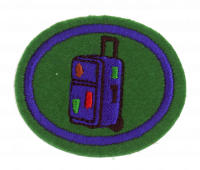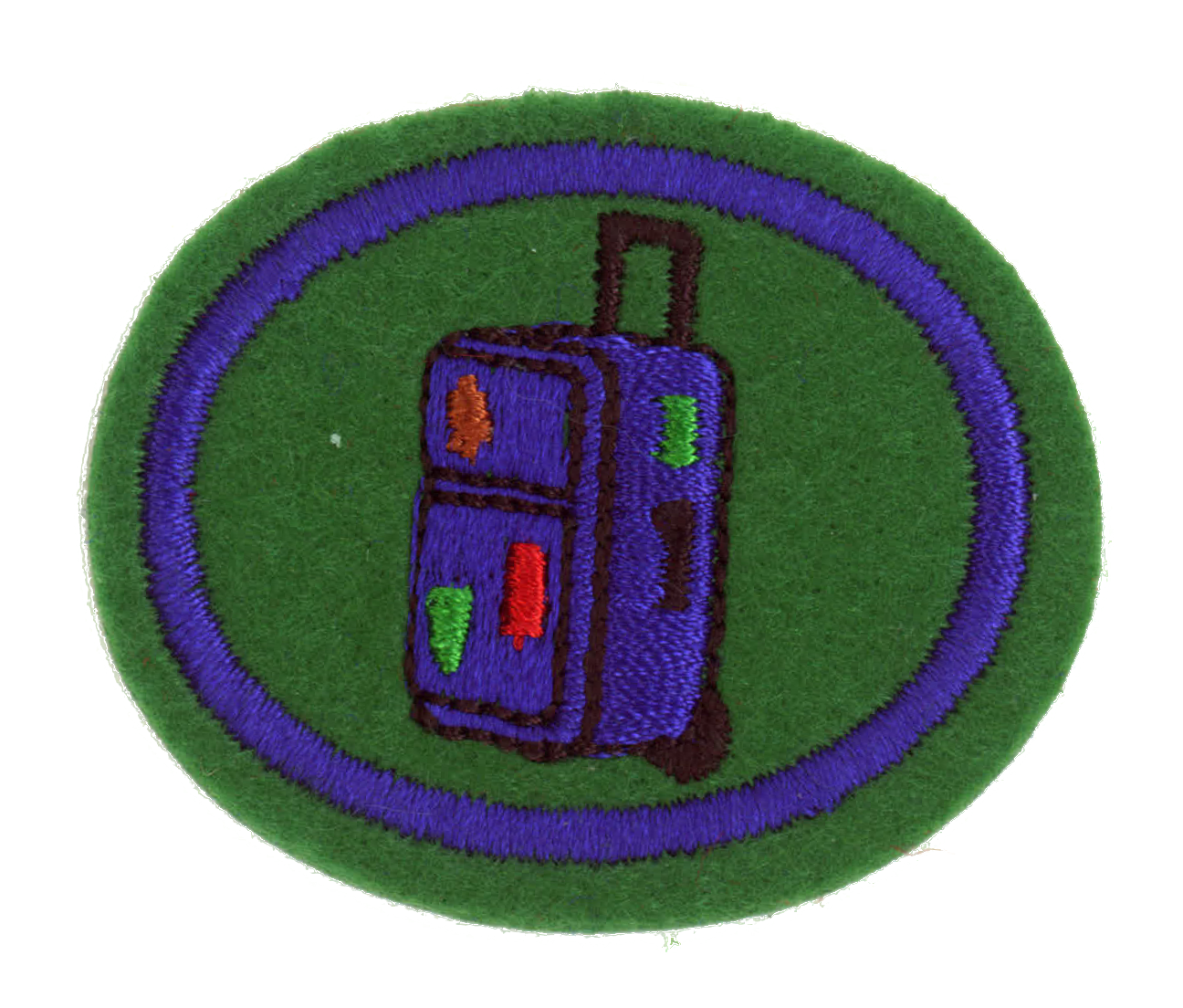Difference between revisions of "AY Honors/Travel/Answer Key/es"
From Pathfinder Wiki
(Created page with "{{clear}}") |
(Updating to match new version of source page) |
||
| (30 intermediate revisions by 2 users not shown) | |||
| Line 1: | Line 1: | ||
| − | + | {{HonorSubpage}} | |
| − | |||
| − | {{ | ||
| − | |||
| − | |||
| − | |||
| − | |||
| − | |||
| − | |||
| − | |||
| − | }} | ||
| − | |||
| − | |||
<section begin="Body" /> | <section begin="Body" /> | ||
{{ansreq|page={{#titleparts:{{PAGENAME}}|2|1}}|num=1}} | {{ansreq|page={{#titleparts:{{PAGENAME}}|2|1}}|num=1}} | ||
| Line 55: | Line 43: | ||
{{clear}} | {{clear}} | ||
| − | + | {{clear}} | |
| − | + | {{clear}} | |
| − | + | {{clear}} | |
| − | |||
| − | + | {{clear}} | |
| − | |||
| − | |||
<noinclude></noinclude> | <noinclude></noinclude> | ||
| Line 70: | Line 55: | ||
{{ansreq|page={{#titleparts:{{PAGENAME}}|2|1}}|num=4}} | {{ansreq|page={{#titleparts:{{PAGENAME}}|2|1}}|num=4}} | ||
<noinclude></noinclude> | <noinclude></noinclude> | ||
| − | <!-- 4. | + | <!-- 4. Ver un programa de viaje que muestra paisajes y la geografía de un lugar único. --> |
| − | |||
| − | + | {{clear}} | |
<noinclude></noinclude> | <noinclude></noinclude> | ||
| Line 79: | Line 63: | ||
{{ansreq|page={{#titleparts:{{PAGENAME}}|2|1}}|num=5}} | {{ansreq|page={{#titleparts:{{PAGENAME}}|2|1}}|num=5}} | ||
<noinclude></noinclude> | <noinclude></noinclude> | ||
| − | <!-- 5. | + | <!-- 5. Discutir en grupo qué clase de actitud deben tener los viajeros al viajar al extranjero. --> |
| − | + | {{clear}} | |
| − | + | {{clear}} | |
| − | + | {{clear}} | |
| − | + | {{clear}} | |
| − | + | {{clear}} | |
| − | + | {{clear}} | |
| − | + | {{clear}} | |
| − | + | {{clear}} | |
| − | + | {{clear}} | |
| − | + | {{clear}} | |
<noinclude></noinclude> | <noinclude></noinclude> | ||
| Line 105: | Line 89: | ||
{{ansreq|page={{#titleparts:{{PAGENAME}}|2|1}}|num=6}} | {{ansreq|page={{#titleparts:{{PAGENAME}}|2|1}}|num=6}} | ||
<noinclude></noinclude> | <noinclude></noinclude> | ||
| − | <!-- 6. | + | <!-- 6. Crear un plan de viaje sencillo de siete días para unas «vacaciones en familia». Como parte del plan, crear un viaje planificado de siete días que debe incluir (nota: el primer y último día pueden ser días de viaje): --> |
<noinclude></noinclude> | <noinclude></noinclude> | ||
{{ansreq|page={{#titleparts:{{PAGENAME}}|2|1}}|num=6a}} | {{ansreq|page={{#titleparts:{{PAGENAME}}|2|1}}|num=6a}} | ||
| Line 117: | Line 101: | ||
{{ansreq|page={{#titleparts:{{PAGENAME}}|2|1}}|num=6c}} | {{ansreq|page={{#titleparts:{{PAGENAME}}|2|1}}|num=6c}} | ||
<noinclude></noinclude> | <noinclude></noinclude> | ||
| − | |||
<noinclude></noinclude> | <noinclude></noinclude> | ||
| Line 124: | Line 107: | ||
{{ansreq|page={{#titleparts:{{PAGENAME}}|2|1}}|num=7}} | {{ansreq|page={{#titleparts:{{PAGENAME}}|2|1}}|num=7}} | ||
<noinclude></noinclude> | <noinclude></noinclude> | ||
| − | <!-- 7. | + | <!-- 7. Hacer una lista de varias formas en que la gente viajaba en los tiempos bíblicos. --> |
| − | |||
<noinclude></noinclude> | <noinclude></noinclude> | ||
| Line 131: | Line 113: | ||
{{ansreq|page={{#titleparts:{{PAGENAME}}|2|1}}|num=8}} | {{ansreq|page={{#titleparts:{{PAGENAME}}|2|1}}|num=8}} | ||
<noinclude></noinclude> | <noinclude></noinclude> | ||
| − | <!-- 8. | + | <!-- 8. Calcular aproximadamente cuánto tiempo se tardaría a pie entre Jerusalén y Damasco. --> |
| − | |||
| − | + | {{clear}} | |
| − | + | {{clear}} | |
<noinclude></noinclude> | <noinclude></noinclude> | ||
| Line 142: | Line 123: | ||
{{ansreq|page={{#titleparts:{{PAGENAME}}|2|1}}|num=9}} | {{ansreq|page={{#titleparts:{{PAGENAME}}|2|1}}|num=9}} | ||
<noinclude></noinclude> | <noinclude></noinclude> | ||
| − | <!-- 9. | + | <!-- 9. Esbozar un mapa de un viaje mencionado en la Biblia (nota: puede que tenga que adivinar lógicamente algunos aspectos de la información si no se mencionan directamente en las Escrituras): --> |
<noinclude></noinclude> | <noinclude></noinclude> | ||
{{ansreq|page={{#titleparts:{{PAGENAME}}|2|1}}|num=9a}} | {{ansreq|page={{#titleparts:{{PAGENAME}}|2|1}}|num=9a}} | ||
| Line 154: | Line 135: | ||
{{ansreq|page={{#titleparts:{{PAGENAME}}|2|1}}|num=9c}} | {{ansreq|page={{#titleparts:{{PAGENAME}}|2|1}}|num=9c}} | ||
<noinclude></noinclude> | <noinclude></noinclude> | ||
| − | |||
| − | + | {{clear}} | |
| − | |||
| − | |||
| − | |||
| − | |||
| − | |||
| − | + | {{clear}} | |
<noinclude></noinclude> | <noinclude></noinclude> | ||
| Line 169: | Line 144: | ||
{{CloseReq}} <!-- 9 --> | {{CloseReq}} <!-- 9 --> | ||
<noinclude></noinclude> | <noinclude></noinclude> | ||
| − | == | + | ==Referencias== |
<noinclude></noinclude> | <noinclude></noinclude> | ||
| − | + | {{CloseHonorPage}} | |
| − | |||
Latest revision as of 00:10, 19 July 2022
1
Hacer una lista de la mayor cantidad de medios de transporte que pueda pensar que usa la gente viajar alrededor de todo el planeta. Reducir la lista anterior a los «primeros cinco» más común de los modos de transporte. Hacer una lista de los pros y los contras de cada uno de los «primeros cinco».
2
Hacer una lista de algunos de los pros y los contras de las siguientes clases de alojamiento:
2a
Hotel/motel
2b
Hostal juvenil
2c
Amigos/familia
2d
Casa rodante/remolque/campamento
2e
Complejos turísticos
3
¿Qué clase de documentación puede ser necesaria para el viaje? Explicar el propósito de cada clase de documento.
4
Ver un programa de viaje que muestra paisajes y la geografía de un lugar único.
5
Discutir en grupo qué clase de actitud deben tener los viajeros al viajar al extranjero.
6
Crear un plan de viaje sencillo de siete días para unas «vacaciones en familia». Como parte del plan, crear un viaje planificado de siete días que debe incluir (nota: el primer y último día pueden ser días de viaje):
6a
Los detalles sobre un lugar histórico para visitar
6b
Detalles en dos sitios naturales para visitar
6c
Los detalles sobre un sitio de recreación para visitar
7
Hacer una lista de varias formas en que la gente viajaba en los tiempos bíblicos.
8
Calcular aproximadamente cuánto tiempo se tardaría a pie entre Jerusalén y Damasco.
9
Esbozar un mapa de un viaje mencionado en la Biblia (nota: puede que tenga que adivinar lógicamente algunos aspectos de la información si no se mencionan directamente en las Escrituras):
9a
Mostrar el nombre de las personas y los caminos incluyendo paradas notables realizadas
9b
Mostrar las diferentes clases de líneas para cada modo de transporte adoptado
9c
Mostrar una leyenda/clave para la identificación de marcas y clases de transporte


